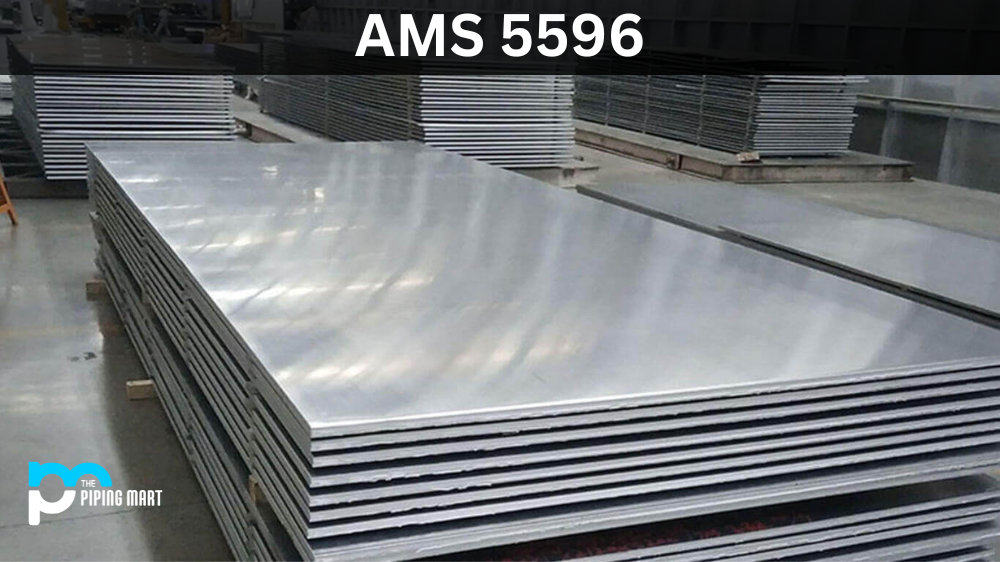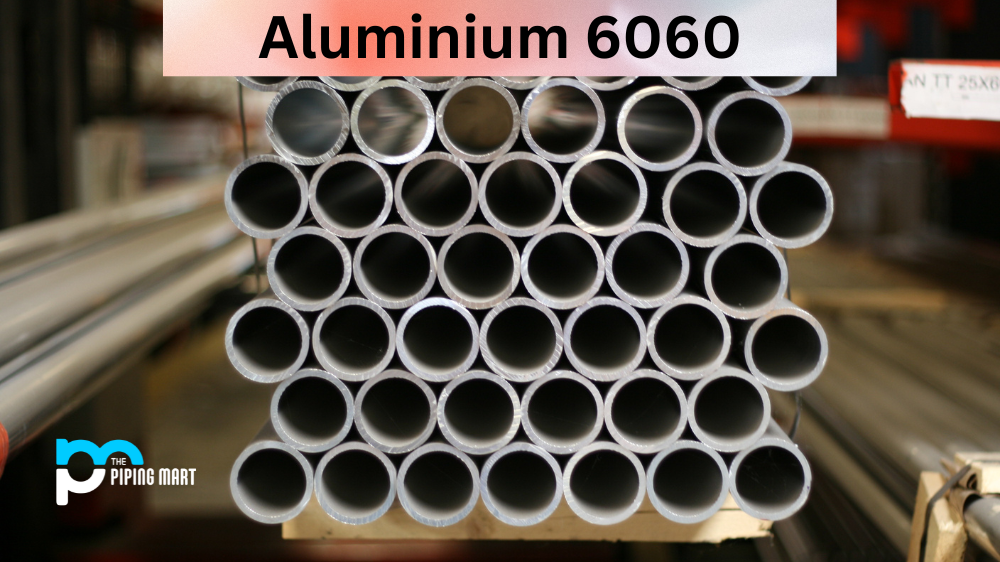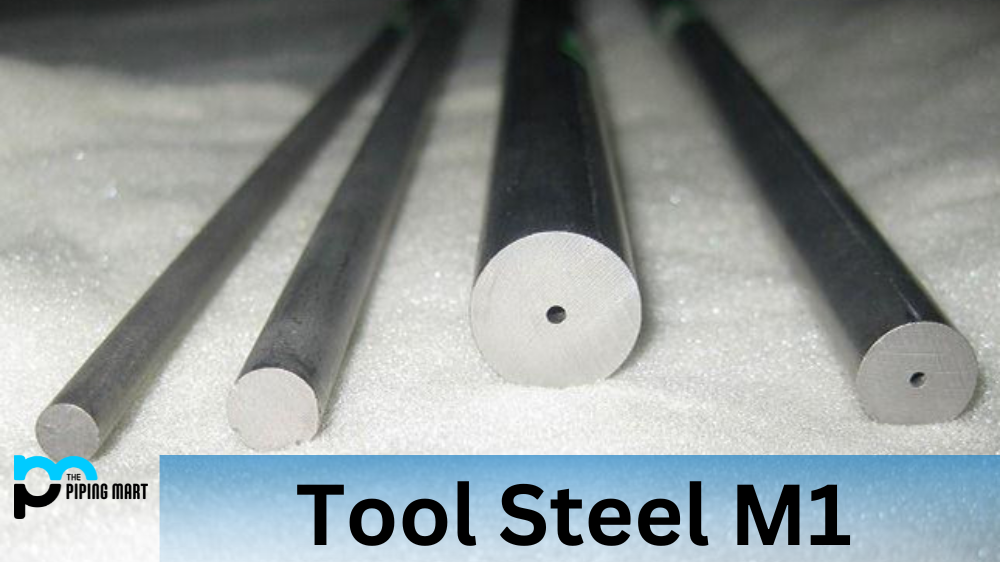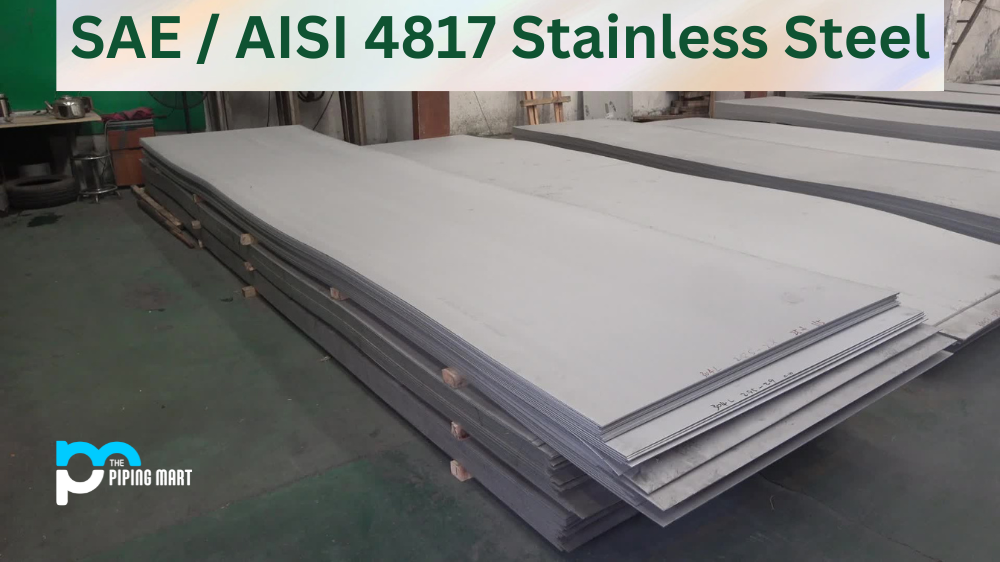AMS 5596 is a high-performance nickel alloy with great strength, heat, and corrosion resistance. This alloy is widely used in the aerospace, defense, and marine engineering industries. Due to its excellent properties, AMS 5596 is considered one of the best materials for manufacturing critical components requiring high-stress and high-temperature resistance. This blog post will discuss everything you need to know about AMS 5596, its composition, physical and mechanical properties, uses, hardness, and heat treatment.
What is AMS 5596?
AMS 5596 (also known as 718 Inconel Alloy) is a nickel alloy specification commonly used in aerospace applications. It boasts excellent resistance to heat and corrosion, making it ideal for parts like turbine engine components and exhaust systems. But it’s not just its practical uses that make AMS5596 interesting. At its core, it represents the exciting intersection of science, engineering, and innovation at the heart of many modern technological advances.
What Form is AMS 5596 Available at Piping Mart?
- Nut
- Bar
- Bolt
- Pipe
- Screw
- Tubing
- Valves
- Washers
- Flanges
- Fasteners
- Electrodes
- Stud Bolts
- Sheet Plates
- Pipe Fittings
- Forged Fitting
- Instrumentation Fittings
AMS 5596 Composition
AMS 5596 is a nickel-based alloy that contains a significant amount of chromium, iron, and molybdenum. Additionally, it has trace amounts of carbon, manganese, silicon, phosphorus, sulfur, and titanium. The unique composition of AMS 5596 ensures that the alloy exhibits excellent resistance to corrosion and oxidation even when exposed to high-temperature environments.
| Element | Limiting Chemical Composition (%) |
| Nickel (plus Cobalt) | 50%-55% |
| Chromium | 17%-21% |
| Niobium (plus Tantalum) | 4.75%-5.50% |
| Molybdenum | 2.80%-3.30% |
| Titanium | 0.65%-1.15% |
| Aluminum | 0.20%-0.80% |
| Cobalt | 1% max |
| Carbon | 0.08% max |
| Manganese | 0.35% max |
| Silicon | 0.35% max |
| Phosphorus | 0.015% max |
| Sulfur | 0.015% max |
| Boron | 0.006% max |
| Copper | 0.30% max |
| Iron | Balance* |
AMS 5596 Physical Properties
AMS 5596 has a density of 8.27g/cm³ which is considerably heavier than other materials such as aluminium or titanium. The alloy has excellent high-temperature resistance and can withstand temperatures up to 1100°C without losing strength. Furthermore, AMS 5596 has a low coefficient of thermal expansion which enables it to maintain its dimensional stability even when subjected to temperature changes.
| Density | Annealed: 0.296 lb/in3 |
| Annealed and aged: 0.297 lb/in3 | |
| Melting Range | 2300° to 2437°F (1260° to 1336°C) |
| Specific Heat at 21°C (70°F) | 0.104 Btu/lb-°F |
| Permeability at 200 oersted and 21°C (70°F) | Annealed material: 1.0013 |
| Annealed and aged material: 1.0011 | |
| Curie Temperature °C (°F) | Annealed material: <-320°F (<-196°C) |
| annealed and aged material: -170°F (-112°C) |
AMS 5596 Mechanical Properties
AMS 5596 bars has an ultimate tensile strength of 140ksi and a yield strength of 70ksi. The alloy possesses excellent ductility and toughness, so it can withstand high-stress environments without experiencing damage. Furthermore, it shows good fracture toughness and fatigue resistance, making it ideal for aerospace use.
| Mechanical Properties | ||||
|
|
||||
| Tensile Strength, Ultimate | 1375 MPa | 199000 psi | Precipitation Hardened. Value at room temperature. | |
| Tensile Strength, Ultimate at Elevated Temperature | 1100 MPa | 160000 psi | Precipitation Hardened prior to test; 650°C | |
| Tensile Strength, Yield | 1100 MPa | 160000 psi | Precipitation Hardened. Value at room temperature; 0.2% offset. | |
| Tensile Strength, Yield at Elevated Temperature | 980 MPa | 142000 psi | Precipitation Hardened prior to test; 0.2% offset; 650°C | |
| Elongation at Break | 25 % | 25 % | Precipitation Hardened | |
| Elongation at Break at Elevated Temperature | 18 % | 18 % | Precipitation Hardened prior to test.; 650°C | |
AMS 5596 Uses
AMS 5596 sheet is used in various applications ranging from jet engines to oil and gas drilling equipment. The alloy is particularly well-suited for aerospace applications where components must withstand high-stress and high-temperature environments. In addition, it is also used in marine engineering for manufacturing critical components due to its corrosion resistance properties.
AMS 5596 Hardness
AMS 5596 has a typical hardness value of 27 HRC. However, the hardness of the alloy can be increased by performing a heat treatment process. Heat treatment involves heating the alloy to a specific temperature and then cooling it down at a controlled rate. This process improves the alloy’s mechanical properties, such as strength and ductility, making it more suitable for high-performance applications.
AMS 5596 Heat treatment
The heat treatment process for AMS 5596 involves heating the alloy to 1180°C for 1 hour and then cooling it down in the air. Alternatively, the alloy can be cooled in water to obtain different mechanical properties. The heat treatment improves the alloy’s toughness and ductility, making it ideal for critical aerospace applications.
Conclusion
AMS 5596 material is a high-performance nickel alloy with excellent properties such as high-stress and high-temperature resistance, corrosion resistance, and dimensional stability. It is widely used in aerospace, marine engineering, and oil and gas drilling applications due to its excellent combination of properties. Understanding the composition, physical and mechanical properties, uses, hardness and heat treatment of AMS 5596 can help manufacturers and engineers better design and manufacture high-stress components that can withstand harsh environmental conditions.

A passionate metal industry expert and blogger. With over 5 years of experience in the field, Palak brings a wealth of knowledge and insight to her writing. Whether discussing the latest trends in the metal industry or sharing tips, she is dedicated to helping others succeed in the metal industry.




